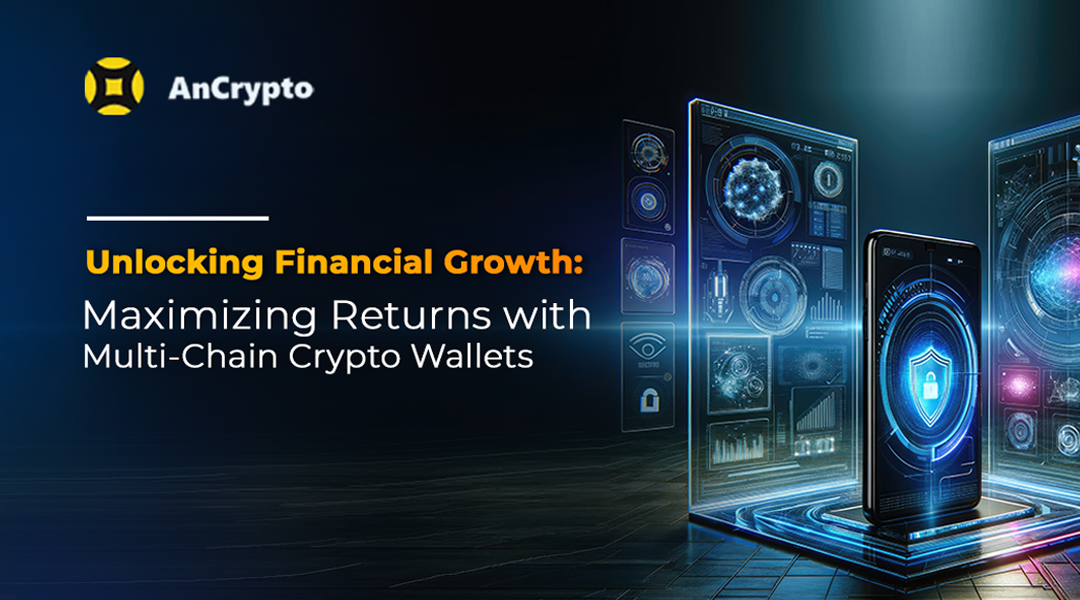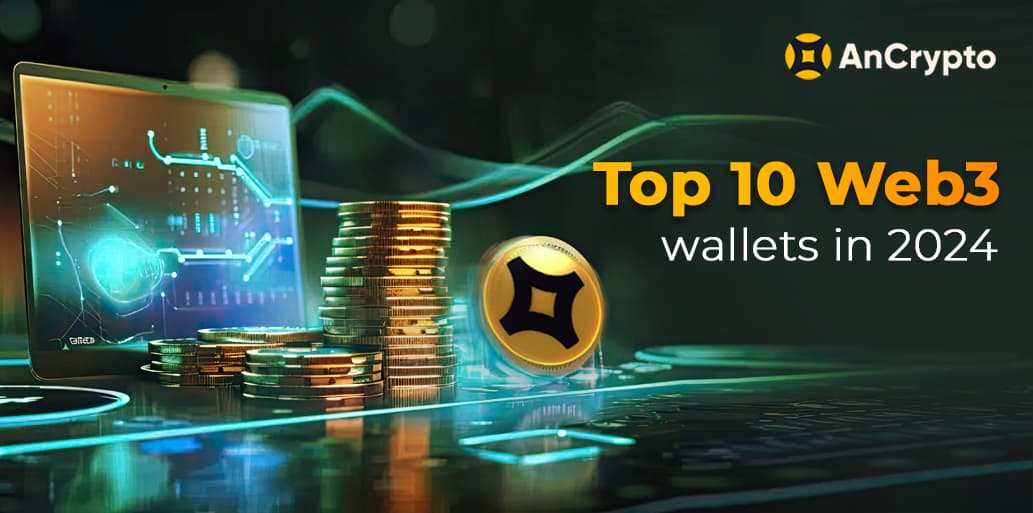Since the rise of NFTs (Non-fungible tokens), numerous creators and artists are looking upto the blockchain ecosystem to monetize their efforts and secure ownership of their assets. Evidently, the NFT market is now thriving across several industries like gaming, art, virtual real estate, and fashion. As per the latest statistics, more than 10,000 wallets interact with NFTs on a daily basis.
However, similar to cryptocurrency transactions, there is a certain amount of expense associated with buying, selling, and transferring NFTs. Gas fee forms a major part of such transactions, and it generally varies depending upon a number of factors like network congestion, blockchain, etc. If you are interested in trading via your NFT wallet, you would want to know the best techniques for conducting cost-effective transactions.
This article throws light on the concept of gas fees and possible optimization strategies, that can be utilized by wallet users.

Gas Fee Dynamics in Relation to NFT Wallets
To complete transactions on a blockchain, users need to pay charges, called gas fees. This monetary investment is basically for the miners, who are involved in computations and related meticulous operations that lead to validation, and ultimate inclusion of the transaction in the blockchain.
The primary determinants of the magnitude of gas fees are: the size of the transaction, the network traffic, and the particular blockchain. Clearly, the cost increases with the network traffic and size of the block to be added.
These expenses are then distributed to validators as payment for their assistance in confirming and assuring the successful completion of your transaction. In essence, gas prices are necessary to maintain the authentication of transactions, as well as the security and operational effectiveness of a blockchain.
NFT wallets essentially serve as storage places to keep your digital collectibles and share them with other users. Using these apps, users can securely connect to NFT marketplaces and get the entire fee details of the associated transactions. Your choice of a DeFi wallet depends upon whether you wish to carry out transactions on a single blockchain or several blockchains, the accessibility of purchased NFTs, the versatility of the user interface, and similar other parameters.
Cost-Saving Tactics for Economical NFT Transactions
In peak network traffic hours, wallet users find it difficult to buy and conduct other NFT transfers, owing to high cost and slow processing. And if you are a newbie and unaware of the optimal practices to save expenses, you can end up paying much more than the NFT’s actual worth!
After diligent research, our experts have come up with the following strategies for gas fee optimization, to help NFT wallet users:
- Look for Non-Peak Hours:
- Go for the Suitable Blockchains:
- Utilize the Right Tools:
- Combine Transactions:
- Opt for Peer-to-Peer Transactions:
- Try out Gas Tokens:
- Use Optimization Tools:
- HODL and Trade Later:
The time of transactions does make a good difference as to how much you pay for them. So, it is advisable to carry out NFT transactions during low activity hours, when the network is less congested. Based on demand and network congestion, gas prices vary dramatically on most blockchains. You can use gas fee trackers to stay informed of the times when there is less activity, and complete transactions in those hours.
The charges for transacting tokens differ from blockchain to blockchain. For instance, the popular blockchain Ethereum usually imposes high gas fee, compared to other blockchains like Polygon. So, it is important to learn about the cost structure of the blockchain, before investing and trading its NFTs.
It is a good idea to purchase NFTs from marketplaces with gas-saving tools and trading discounts. Every marketplace has different fee criteria and you can compare different options before trading. Further, there are several wallet apps, that offer secure NFT storage and means to connect safely to marketplaces. You must examine and check the reliability of these platforms, prior to investing your finances.
Another way to cut down on gas expenses is to do conduct several NFT transactions as one. This reduces the per-NFT gas cost, relative to the case where you transact many transactions separately. In other words, batching NFT transactions makes the whole process cost-effective and energy-efficient.
Some platforms charge additional costs, apart from the gas fee levied for blockchain operations. In such a case, you can choose to transact via Peer-to-peer (P2P) mode. This will help you avoid or minimize platform costs and extend you a better choice of the gas fees.
Certain platforms have their own gas tokens, which works as a great cost-cutting technique for users, who are regular investors or traders. For example, MATIC, the native token of Polygon, is also a gas token.
Layer-2 scaling solutions and similar roll-ups are known to substantially lower gas costs and transaction confirmation times.
Some platforms extend options for gas fee restrictions, and let you alter a set of parameters so as to modify the total gas fee. Besides, you can also employ low-budget wallets to buy NFTs, so as to keep your finances in check. and techniques that assist in gas usage optimization. Wherever possible, try to utilize gas price estimators and optimizers to decide on the best costs before doing transactions.
Finally, you need to invest and trade wisely, alongside keeping up with latest developments in NFT market. For instance, diversified portfolios perform quite well, and can stand bad times. In the times of declining market trends, you may want to stop the habit of frequent buying and selling, and instead hold NFTs for a long period, to spread out the cost of transactions over time.

AnCrypto – The One-Stop NFT Storage Solution
One of the best crypto wallets, AnCrypto is the first kind of chat wallet, which facilitates secure storage and sharing of NFTs through a single unified dashboard. It is a multi-chain wallet, that supports NFTs on the Binance, Polygon, and Ethereum. Moreover, the wallet works on ERC-721 and ERC-1155 protocols for streamlined management of NFTs and other crypto assets.





